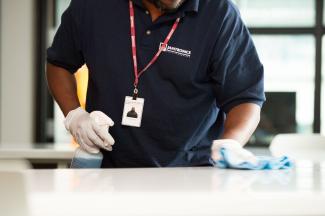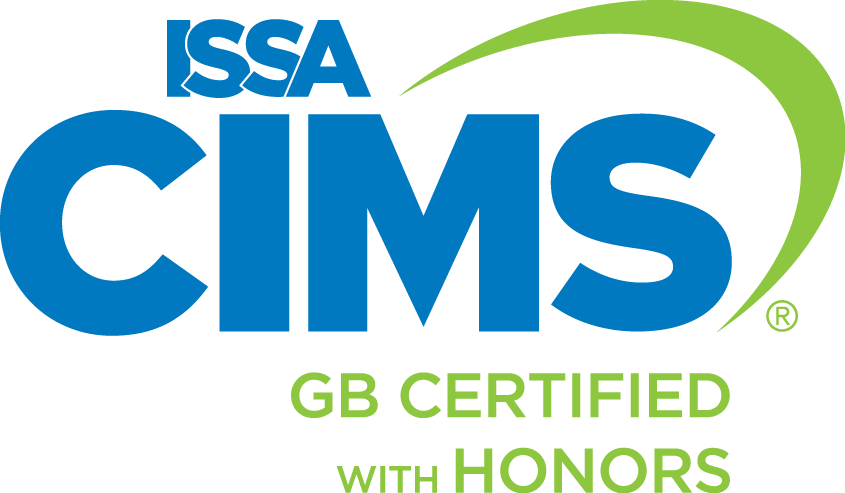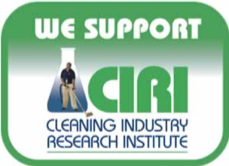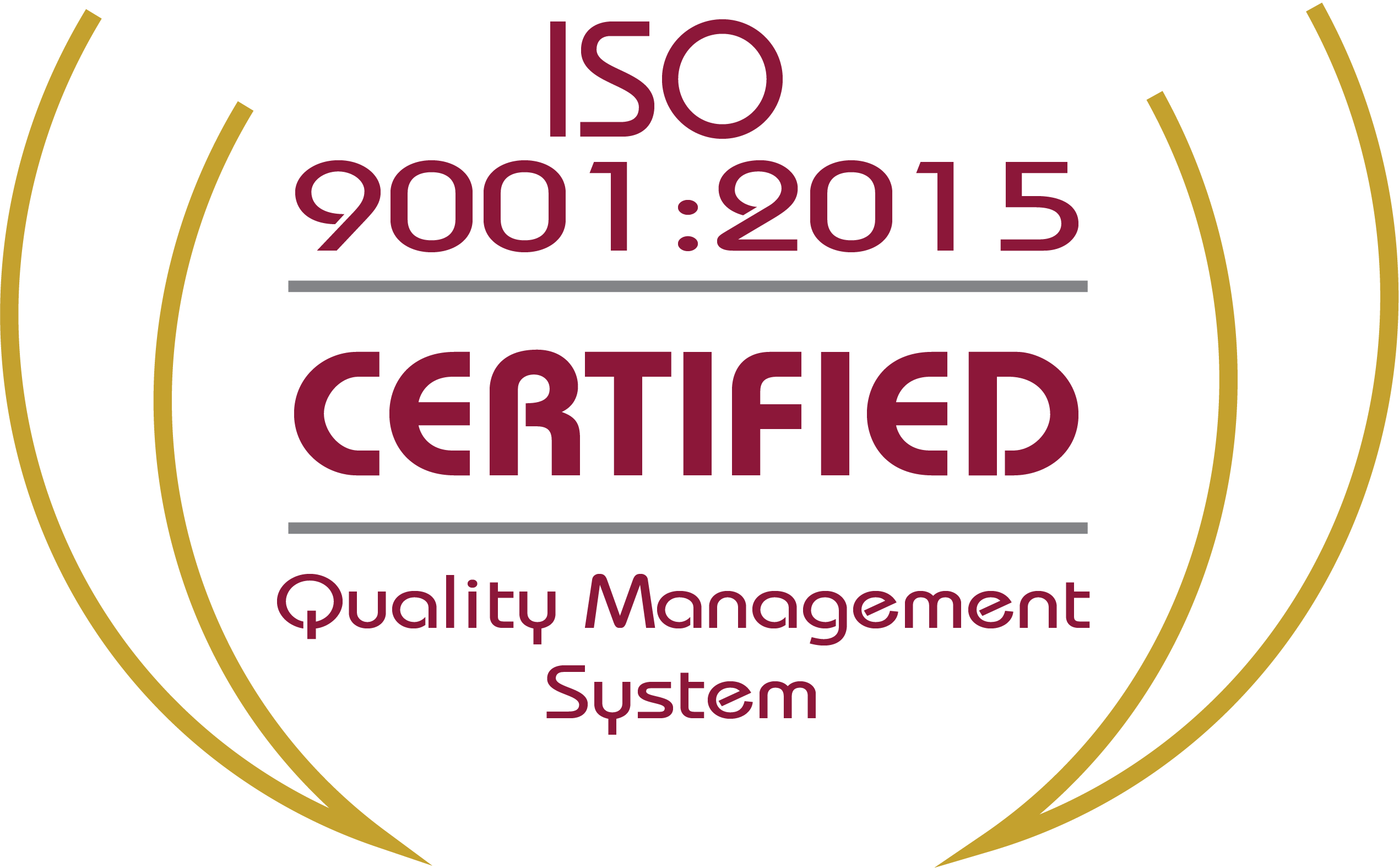What are high-touch surfaces? How should I clean them?
Throughout the COVID-19 pandemic, we are becoming increasingly aware of everything we touch. While coronavirus primarily spreads through droplets in the air, many people have been careful to avoid contracting it via touch contact. As businesses and schools continue to reopen, it’s important to remember to clean the surfaces we touch now more than ever.
“High-touch surfaces” is the term used to describe surfaces that are in frequent contact with people, oftentimes by multiple people throughout the day. These items should be given more attention during cold and flu seasons, and even more so during the pandemic. Cleaning them often, sometimes multiple times a day, can help reduce bio-contaminants and their ability to spread.

One of the best ways to combat any germ and bacteria residing on high-touch surfaces is to wash your hands frequently and thoroughly throughout the day. If you are unable to, a hand sanitizer with 60% alcohol will also work.
Here are some of the high-touch surfaces you are likely touching every day, and how you can interact with them with health in mind.
Doorknobs and Handles, Handrails, and Elevator Buttons
Getting from one place to another often involves opening a door, using the stairs, or calling the elevator. You will not be the only one to do so. Throughout the day, people will open and close the same doors, go up and down the same set of stairs, and use the same elevator buttons. This results in biohazards accumulating on these surfaces.
For most elevator buttons, you can use an item to press the button instead of directly touching it. A set of keys is something that you are likely already carrying that can be used. You must remember to clean the keys later in the day.
For doorknobs, door handles, and handrails, you can touch them with a tissue and dispose of the tissue immediately afterwards. If you do have to touch them directly, wash your hands as soon as possible. Sometimes you can avoid touching them with your hands altogether, but you have to be safe about it. People going up and down stairs without holding the handrail risk falling and suffering serious injury if they are not careful.
Bathroom and Kitchen
Many things in the bathroom and kitchen are touched multiple times a day. The sink is possibly the most notable one, because it can erase the good of washing your hands if you recontaminate yourself while turning it off.
For items in the bathroom and kitchen, it is ideal to wash and wipe things off periodically. Every time you use anything, take a damp cloth with soapy water and wipe the surface. If you do use sanitizer or disinfectant, read the instructions and make sure that they are safe to use on specific surfaces. This is especially important for cleaning food-handling equipment. For a list of disinfectants, please use EPA’s list found here.
When you wash your hands, use a paper towel to dry your hands and then use it to turn off the water. Throw the paper towel away once you’re done. If there are no paper towels, use your wrist. While this is not ideal, you are far less likely to touch things with your wrist than with your hands throughout the day.
In a kitchen, the dishwasher will do a good job killing any germs or viruses. If you’re adding additional things beyond dishes in there, make sure that they are dishwasher safe.
Chairs, Tables, and Desks
These items, while being used a lot throughout the day, are easier to clean than other things on this list. Often a paper towel with soapy water will do the trick, especially when you don’t have disinfectant or sanitizer nearby.
Wipe down a surface before you use it, and then after you are done. This may seem extensive, but during times of sickness it is better to over-clean than under-clean.
Light Switches, Handles, and Other Appliances
Sometimes, you can get away with not touching appliances. But there are many appliances that are necessary for your day-to-day life.
For more optional items like an office coffee maker, it’s best to store it away for now and encourage people to bring their own from home. Or, if possible, get some one-time use items like bottled beverages.
For items you cannot avoid using, you can use a tissue to touch them and throw the tissue away afterwards. If you cannot get a tissue, wash your hands as soon as you can after touching the object. Most things can be cleaned with soapy water or sanitizers. Make sure that you read the instructions on the sanitizers and that you are using them properly.
Electronics
The most used gadget is likely your smartphone. And whether you’re working from home or if your work has opened back up, you are often using your computer and associated accessories like keyboard and mouse. In many cases, people do not clean these items as often as they would other surfaces in their house. However, they are just as important to clean.
Electronics are tougher to clean than other items, because getting water in them can potentially break them. For many items, you can use a disinfectant wipe over their surfaces. We recommend that you clean them while they are off and unplugged, to lessen the risk of damage.
Phones and devices with touch screens, however, may not be treated with a disinfectant wipe. In many cases, the disinfectant can break down the protective layer on the touch screen. What’s recommended for most touch screen items is a damp cloth with some soap. Rub them with this cloth, and then dry them with a dry cloth immediately after. Like before, you should consider turning them completely off before cleaning them and turn them back on when they are dried off.
Cleaning Products
This is perhaps the oddest item on this list, yet it could be the most critical if you forget to clean them. Broom and mop handles and the containers that your cleaning products are stored in should all be cleaned after you use them with soapy water. Don’t forget to wash your hands before and after you use them.
Another alternative is wearing gloves while you clean. A spare pair of dishwashing gloves would be effective.
If Someone is Sick
When someone is sick, it is standard procedure to treat anything that has been exposed to the person as a high-touch surface. Items that have come in contact with them for a brief time need to be disinfected. In rooms that the person uses as they recover, cleaning and disinfecting those rooms often are high priority.
If You Need Help
Janitronics has cleaned for health for almost fifty years. While the pandemic has changed some of our routines, we remain science-based and focused on our goals. If you need help, whether to come up with a cleaning plan for your facility or you need a dedicated cleaning service, fill out our contact form here.



